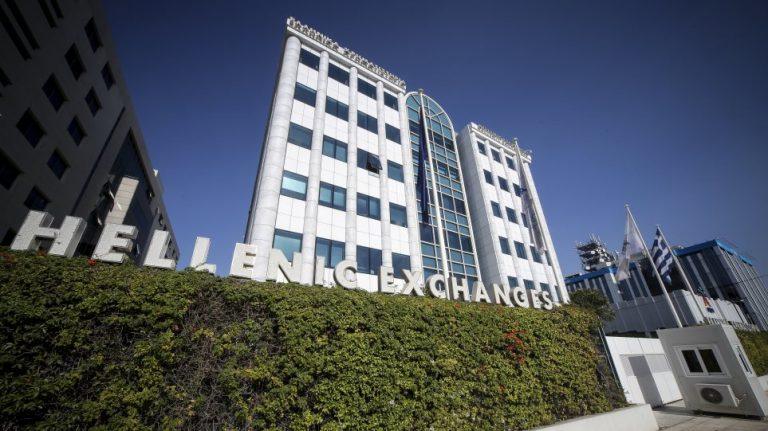The Greek government through the relevant ministries of Tourism, Rural Development and Culture, is working on further boosting the significant strides made in wine tourism in Greece. Wine tourism is evolving into one of the pillars of the Greek tourism product, leaving its mark on both local communities and the economy.
There are more than 17,000 wineries currently operating across the country, with 132 of them having established visitor-friendly facilities, meeting necessary standards such as appropriate infrastructure, service upgrades, and staffing.
The president of Greece’s National Wine Tourism Committee, the National Wine Tourism Committee, Mary Triantafyllopoulou, emphasises that wine tourism is gaining strong momentum and that it can be further integrated into tourism. A unique culture has developed in Greece’s food tourism which includes tasting local products and visiting production facilities.
The National Wine Tourism Committee, in collaboration with development companies under the Ministry of Rural Development, are working together to promote and advance wine tourism nationwide.
Currently, there is high visitor traffic in the Dodecanese, the Cyclades in the Aegean, Crete and Kefalonia in the Ionian Sea, Evia and Nemea on mainland Greece-places where most tourists are concentrated.
‘Tourism in these areas lasts six months, however, the goal is to extend tourism to other regions and have visitors all year-round’, Triantafyllopoulou emphasizes.
A key indication of the growing appeal of wine tourism in Greece is data that show visitors are making reservations in advance to visit wineries. The president explains that a winery visit is a whole experience that does not just include tasting wine but also meeting the people who produce it and learn about the tradition, the history and culture of the region.
Moreover, as she emphasized, wine tourism also promotes other local products through tasting experiences, such as cheese, honey, and more. “Through a single tasting, we expand the gastronomic palette of each region.”
Wine tourism also impacts sales in foreign markets, “When visitors return to their home countries and see a Greek wine in the market, they will remember it and buy it. Essentially, we have 33 million potential ambassadors for our wine,” she points out.
Source: tovima.com













![Airbnb: Πάνω από 90% οι πληρότητες για Χριστούγεννα και Πρωτοχρονιά [πίνακας]](https://www.ot.gr/wp-content/uploads/2025/12/ot_airbnb_christmas.jpg)

























